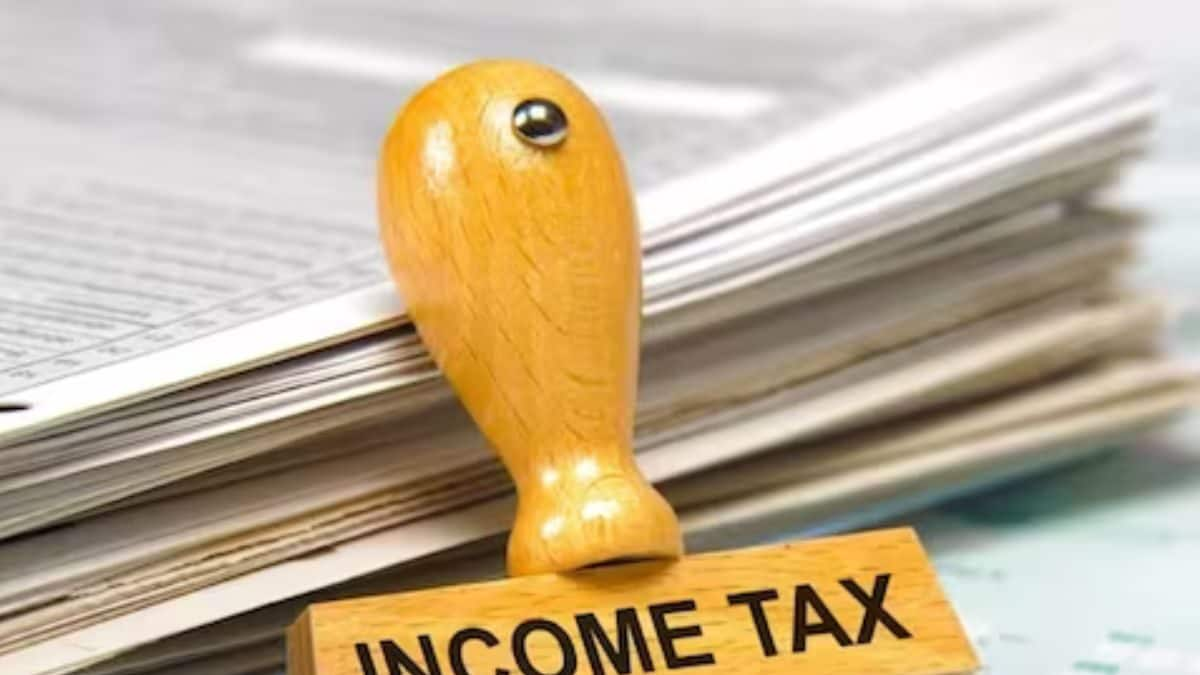As employees have now received Form 16, they can now file income tax returns (ITR) for the assessment year 2024-24 (or financial year 2023-24). However, if you are filing your ITR, there are some common mistakes that you need to avoid for successful submission of the income tax return. Filing your ITR accurately and on time is crucial to ensure compliance and to avoid unnecessary hassles with the tax authorities. Here are some common mistakes to avoid while filing your ITR for AY 2025.
1. Incorrect Personal Information
One of the most frequent mistakes is entering incorrect personal information such as name, address, PAN, and bank details. Ensure that the details match those in your official documents and bank records to avoid any discrepancies that can delay processing or refunds.
Double-check all personal information before submitting your ITR. Ensure that your name, PAN, and bank details are correct and up-to-date.
2. Choosing the Wrong ITR Form
There are different ITR forms for different types of taxpayers and income sources. Using the wrong form can lead to rejection or processing delays.
ITR-1 (Sahaj) for salaried individuals with income up to ₹50 lakh.
ITR-2 for individuals and HUFs not having income from business or profession.
ITR-3 for individuals and HUFs having income from business or profession.
ITR-4 (Sugam) for presumptive income from business and profession.
3. Failure to Report All Income Sources
Many taxpayers forget to report additional income sources such as interest from savings accounts, fixed deposits, rental income, or capital gains. Omitting these can result in penalties and interest on unpaid taxes.
Gather all financial documents and income statements, including those for interest, dividends, and rental income, to ensure all sources are reported.
4. Not Claiming Eligible Deductions
Taxpayers often miss out on claiming deductions under various sections like 80C, 80D, 80E, etc., which can reduce their taxable income significantly.
Be aware of all the deductions available under the Income Tax Act and claim them appropriately. Common deductions include investments in PPF, NSC, insurance premiums, home loan interest, and tuition fees.
5. Errors in TDS Details
Mismatch between the TDS (Tax Deducted at Source) details in your Form 26AS and the TDS claimed in your ITR can lead to discrepancies and delays in processing. Also, if a PAN is not linked with Aadhaar, TDS is required to be deducted at double the applicable rate.
Verify your TDS details in Form 26AS and ensure they match the details you enter in your ITR.
6. Failure to Verify ITR
After filing the ITR, it is crucial to verify it either electronically or by sending a signed physical copy to the Centralized Processing Centre (CPC) within 120 days. Unverified ITRs are considered invalid.
Prefer e-verification using Aadhaar OTP, net banking, or other available methods for quick processing.
7. Ignoring Income from Previous Employer
If you switched jobs during the financial year, make sure to include the income from your previous employer as well. Ignoring this can lead to a notice from the tax department for under-reporting income.
Collect Form 16 from all employers and report the aggregate income in your ITR.
8. Incorrect Bank Account Details
Providing incorrect bank account details can delay your refund. Ensure that the account number and IFSC code are accurate and updated.
Update your bank account details in the ITR form and verify them carefully before submission.
9. Missing Out on Foreign Income
If you have income from foreign sources, it must be reported in your ITR. Failing to do so can result in penalties and legal issues, especially for NRIs or those with overseas investments.
Include all foreign income and assets in your ITR, and seek professional advice if necessary.
10. Delay in Filing ITR
Filing your ITR after the deadline can attract late filing fees, interest on the tax due, and reduced time for revising the return if needed.
Aim to file your ITR well before the deadline to avoid last-minute rush and potential errors.
Filing your ITR accurately and timely is essential to ensure smooth processing and avoid penalties. By being aware of these common mistakes and taking steps to avoid them, you can ensure that your tax filing process for AY 2025 is hassle-free. When in doubt, consider seeking assistance from a tax professional to navigate the complexities of tax filing.







